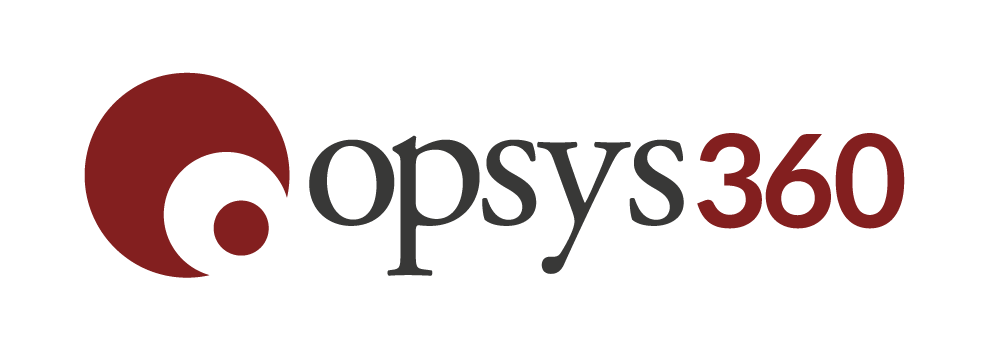
Working for a foreign company from Switzerland: what you need to know about AHV, the special agreement, and the payrolling solution
Discover how to simplify your administrative tasks within a legal framework
Over the past twenty years, globalisation and digitalisation have profoundly changed the way we work, making it easier than ever for people in Switzerland to work remotely for companies without a Swiss legal entity.
This mode of collaboration is no longer exceptional — it’s becoming standard practice, especially since the post-COVID years.
However, this new freedom comes with some administrative challenges when it comes to salary and social contributions:
- Which currency should be used?
- Where are social contributions paid?
- Who is responsible for paying them?
In this article, we’ll focus on the social security contributions managed by the cantonal compensation offices: AHV (old-age and survivors’ insurance), DI (disability insurance), unemployment insurance, income compensation allowances, and family allowances.
The legal framework of AHV for employees
Anyone working in Switzerland must contribute to the AHV (Old-Age and Survivors’ Insurance), regardless of where their employer is based.
The Swiss Federal Social Insurance Act clearly states that anyone pursuing gainful employment in Switzerland must be affiliated with the AHV — without exception.
Case of a foreign employer not established in Switzerland
A foreign company without a Swiss branch cannot register directly with a Swiss compensation office. The employer must therefore appoint a responsible representative in Switzerland to handle social security payments.
Two options exist:
- The employer designates the employee to handle the contributions; or
- The employer partners with a Swiss payrolling agency to manage salary and compliance.
The employer’s location (EU, EFTA, or outside bilateral agreements) can influence which option is available or most efficient.
When administrative responsibility falls on the employee
In many cases, the employee must sign a “special AHV agreement”, allowing them to pay both the employee’s and employer’s share of contributions directly.
This mechanism is provided by cantonal compensation offices (e.g. Caisse AVS cantonale Vaud – Employees of a foreign employer).
In all cases, the responsibility for paying AHV contributions falls on the person working in Switzerland. In practice, this means the employee must:
- Open an account with a Swiss AHV compensation fund
- Calculate and pay all contributions (AHV, DI, unemployment, etc.)
- Subscribe to the mandatory insurances (LAA, LPP, sickness benefits)
- Regularly send documentation to tax and social authorities
An extra burden
This setup often turns the employee into an “administrative employer”. In addition to their daily work, they must handle HR-like duties — declarations, payments, correspondence, insurance management — all while risking incomplete social coverage (for instance, in case of non-occupational accident or illness).
Choosing a payrolling agency: a simple and legal solution
What is payrolling?
Payrolling means delegating the administrative and salary management to a Swiss specialised company, which becomes the administrative employer (ie Employer of Record). The employee continues working for the foreign company but enjoys full Swiss employee status, with all mandatory insurances.
Benefits of payrolling
- No administrative hassle: the payrolling company handles everything.
- Full social protection, including:
- AHV / DI / income compensation (1st pillar)
- LPP (2nd pillar)
- Occupational and non-occupational accident insurance (LAA)
- Daily sickness benefits
- Legal compliance: your activity is declared in Switzerland, with no missing contributions.
- Peace of mind: full social protection without the stress or risk of managing it yourself.
In summary: keeping freedom without the complexity
Working in Switzerland for a foreign company is becoming increasingly common, thanks to globalisation and digitalisation. This freedom allows professionals to live where they want while contributing to international projects.
However, this freedom comes with responsibility: AHV affiliation, contribution calculations, insurance management, etc. without a local employer structure, it is often the employee who has to take care of all these administrative procedures, with the risk of errors or incomplete coverage.
The special AHV agreement offers a legal framework, but not simplicity or peace of mind.
That’s where payrolling comes in: by entrusting administrative management to a Swiss company, professionals maintain full Swiss social protection — AHV, LPP, accident, and sickness insurance — while freeing up time and focus for their actual work. This approach allows for the flexibility of transnational work to be reconciled with Swiss social security, providing a clear and secure framework that allows individuals to focus fully on their professional responsibilities and personal lives.
In our experience, business thrives when people can work with clarity, compliance, and confidence. If you’d like expert guidance to make everything clear, compliant, and simple, get in touch with our HR specialists.
